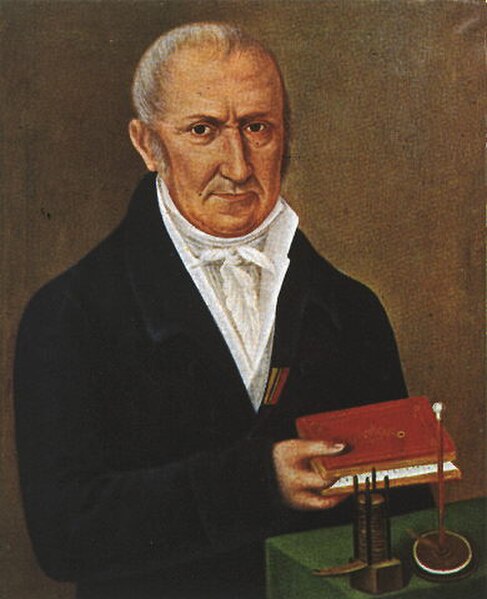The Lemelson–MIT Program awards several prizes yearly to inventors in the United States. The largest is the Lemelson–MIT Prize which was endowed in 1994 by Jerome H. Lemelson, funded by the Lemelson Foundation, and is administered through the School of Engineering at the Massachusetts Institute of Technology. The winner receives $500,000, making it the largest cash prize for invention in the U.S.
Stephen Quake
John A. Rogers
Carolyn Bertozzi, receiving the Emanuel Merck Lectureship in 2011
Chad Mirkin
An invention is a unique or novel device, method, composition, idea or process. An invention may be an improvement upon a machine, product, or process for increasing efficiency or lowering cost. It may also be an entirely new concept. If an idea is unique enough either as a stand-alone invention or as a significant improvement over the work of others, it can be patented. A patent, if granted, gives the inventor a proprietary interest in the patent over a specific period of time, which can be licensed for financial gain.
'BUILD YOUR OWN TELEVISION RECEIVER.' Science and Invention magazine cover, November 1928
Alessandro Volta with the first electrical battery. Volta is recognized as an influential inventor.
Thomas Edison with phonograph. Edison was one of the most prolific inventors in history, holding 1,093 U.S. patents in his name.
The Gutenberg press was voted the most important invention of the second millennium.








